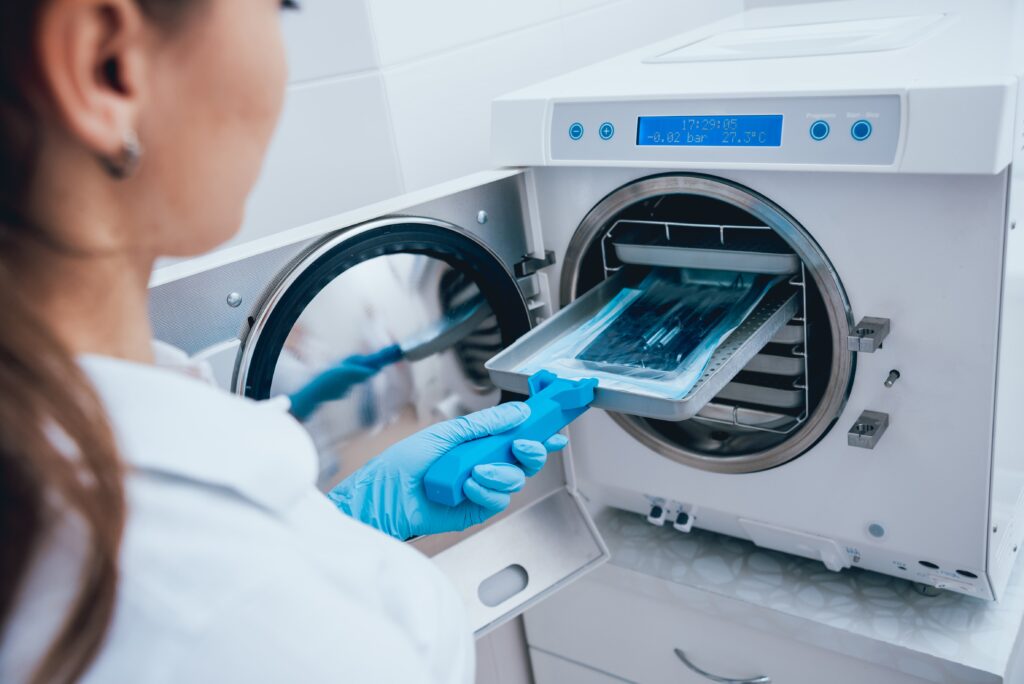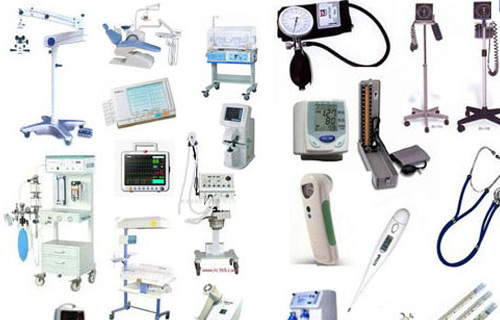In the realm of healthcare, laboratory medical equipment plays a pivotal role in diagnosing diseases, monitoring health conditions, and conducting research. From humble beginnings to cutting-edge technologies, the evolution of laboratory equipment has revolutionized medical practices worldwide.
The journey of laboratory medical equipment traces back centuries, with rudimentary tools like microscopes and test tubes laying the groundwork for modern advancements. Early pioneers such as Antonie van Leeuwenhoek, who crafted simple microscopes in the 17th century, paved the way for magnified observation of biological specimens. These foundational inventions set the stage for the development of more sophisticated instruments in the years to come.
As scientific understanding deepened and technological progress surged, the landscape of laboratory equipment underwent rapid transformation. The 19th and 20th centuries witnessed groundbreaking innovations like the centrifuge, spectrophotometer, and electrocardiograph, each contributing to enhanced diagnostic capabilities and medical research. These inventions marked significant milestones in the evolution of laboratory medicine, empowering healthcare professionals with powerful tools to investigate and treat diseases.

The advent of the digital age brought about a new era of Ferus Medical, characterized by automation, digitization, and interconnectedness. Modern laboratories are equipped with state-of-the-art instruments such as automated analyzers, polymerase chain reaction (PCR) machines, and next-generation sequencers, enabling high-throughput processing and analysis of biological samples. Furthermore, the integration of artificial intelligence (AI) algorithms has bolstered the efficiency and accuracy of diagnostic procedures, leading to more precise medical outcomes.
In addition to technological advancements, the evolving landscape of laboratory medical equipment reflects shifting paradigms in healthcare delivery and patient care. The emphasis on personalized medicine and precision diagnostics has spurred the development of specialized instruments tailored to individualized patient needs. From point-of-care testing devices to portable imaging systems, these innovations enable healthcare providers to deliver timely interventions and tailored treatment plans, ultimately improving patient outcomes and quality of care.
Looking ahead, the future of laboratory medical equipment holds promise for further innovation and transformation. Emerging technologies such as lab-on-a-chip devices, 3D bioprinting, and nanotechnology are poised to revolutionize diagnostics, drug discovery, and regenerative medicine. Moreover, the advent of telemedicine and remote monitoring solutions is reshaping the dynamics of healthcare delivery, extending the reach of laboratory diagnostics beyond traditional clinical settings and enabling decentralized testing in remote or underserved areas.



